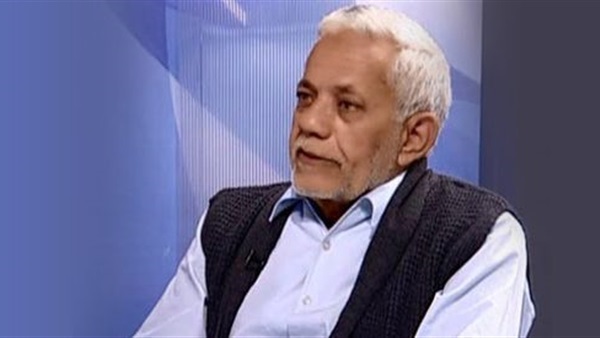Al-Qaeda's historian: Qatar-funded Jihadist Salafism pleases US


Al-Qaeda's
historian Mustafa Hamed, who is also known as Abu al-Walid al-Masry, highlighted
the difference between Jihadist Salafism and Wahhabism in an article titled "Letters
of Abu Hajir- Abul Qieqaa: Salafism is the mainstream of takfiri Wahhabism".
Hamed's
article, published by Taliban's media arm Mafa website on 7 April 2018, likened
Wahhabism to Salafism. However, Wahhabism rather delves more into infidelity
because of religious innovations.
He has
argued that there are ranks of Salafists, on top of which came people like
Osama bin Laden, Abu Ubaidah al-Banshiri and Abu Hafs al-Masri.
He
said Al-Qaeda's leaders with Qatari financial support tried to partially be
from barriers set by Salafism for better communication among Muslims.
The
historian has admitted that Jihadist Salafi movements, on top of which Al-Qaeda,
failed to produce a popular supporting mainstream in the Islamic world.
He
believes that Jihadist Salafi movements cannot change their course away from
their Wahhabi Salafism or replace it with another Sunni alternative. All of
these movements draw on Ibn Taymiyyah's school of jurisprudence, which
elaborated on polytheism, atheism and religious innovations.
The
historian said the Jihadist Salafis fight only in wars funded by Qatar and
approved by the United States. He said the Jihadist Salafist movements, with
Qatar'slogistic, financial and media support, got involved in the Syrian war on
the pretext that the Alawite regime was fighting the Sunnis.
However,
the conflict in Syria has been run by global and regional powers. He held the
Salafist movements in Syria responsible for what has happened.
He
asserted that the Syrian crisis "is a result of the Salafist discourse,
which has nothing to do with the political reality".
He
concludes his article with a number of suggestions to put an end to the Syrian
war as follows.
1.
The wise people from the
fighting parties should hold talks without any foreign interference.
2.
The formation of a committee
to estimate losses, deaths and casualties.
3.
The [Syrian] state should
pay for reconstruction costs and all due compensations (for deaths, properties and
injuries).
4.
All responsible for war
crimes against civilians should be named for trial.
5.
All parties should agree on
a transition period for reconstruction and return of Syrians. After peace and
order are restored, the people should decide on the political future of their nation.





